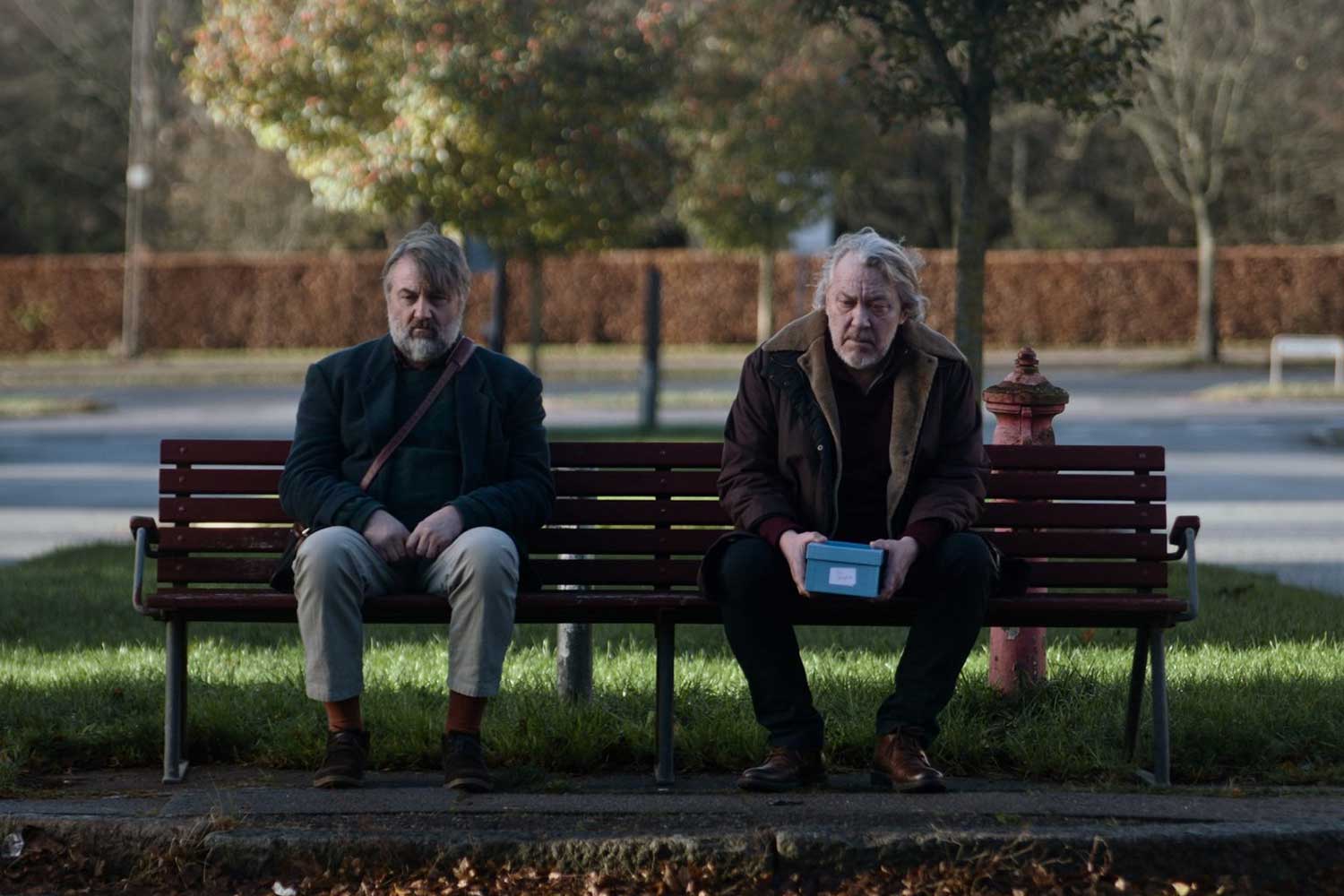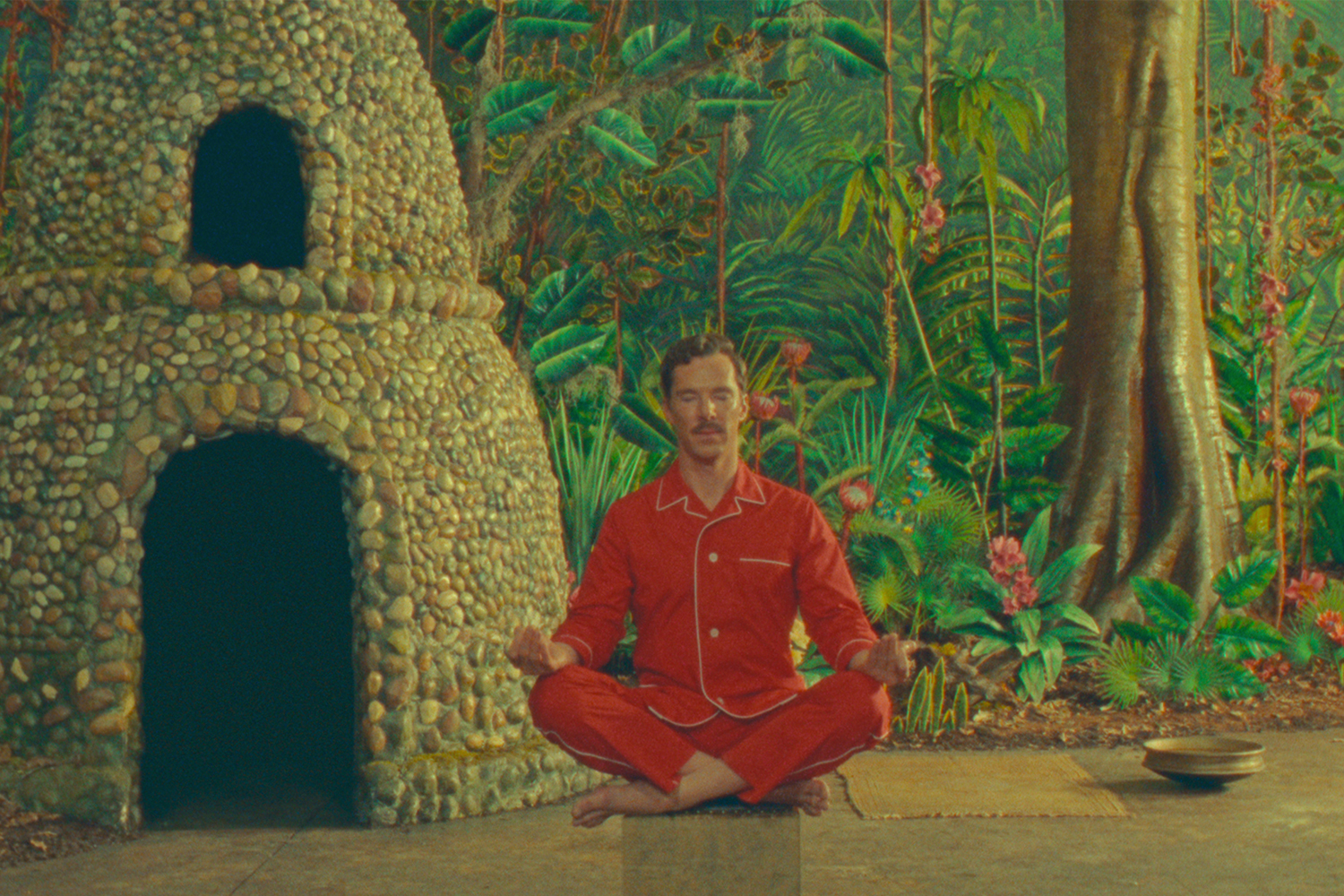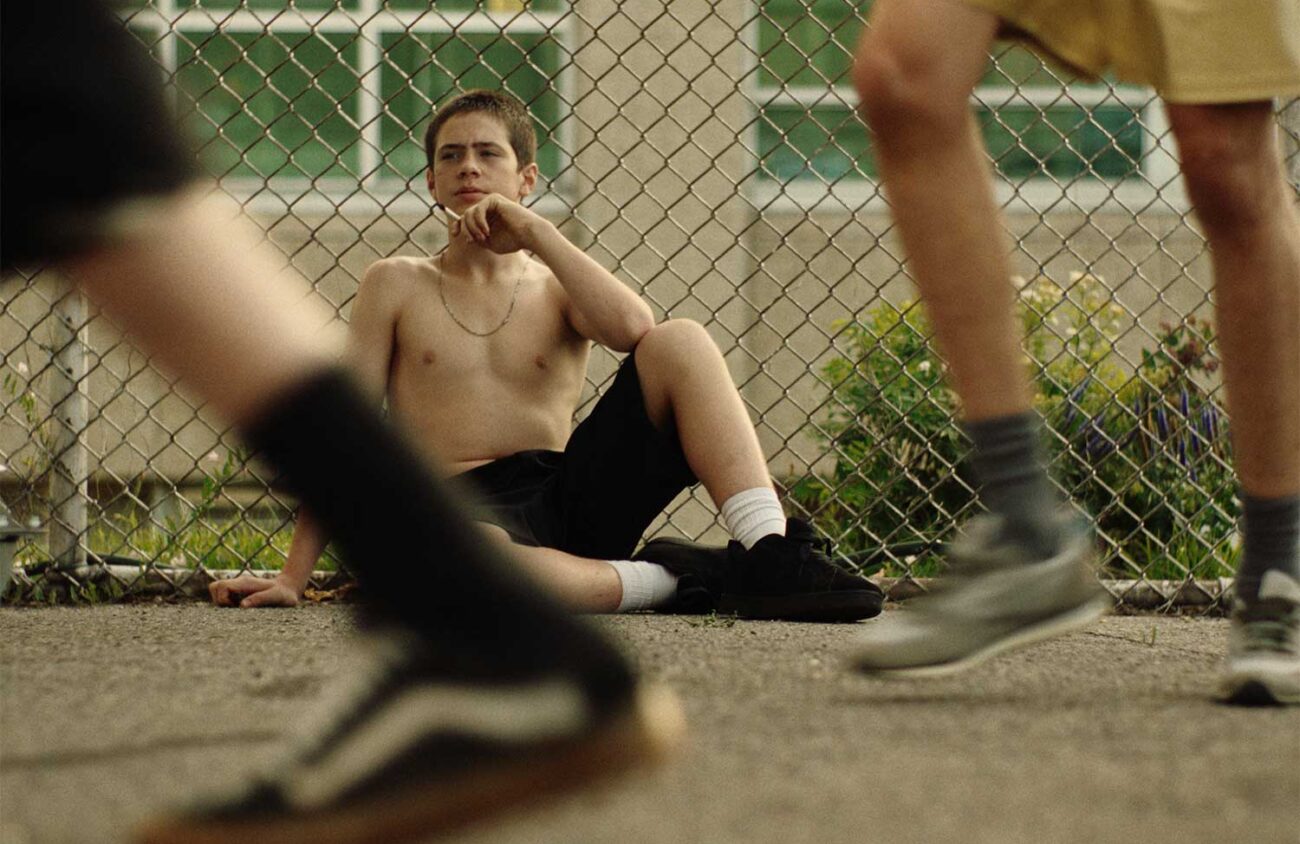When it comes to movies, cumbersome epics and endless sequels are alright, as far as they go — often altogether too far, really — but sometimes you want something fast and furious. You want a short story, or several in a row. You want to be punched in the gut, or moved to tears by the cinematic equivalent of a sad song.
It’s always struck me as odd that short films don’t get more play, or at least more recognition. It’s not easy to pack so much into so little space, and when these shorties are done well, they can carry the impact of a feature film, with all that forms artistic beauty and grandeur of scope.
At least we have the annual tradition of the Oscar-nominated shorts, to remind us of the form’s existence beyond the attention-grabbing appeal of endless Instagram clips. Without further adieu, then, here’s the slate of this year’s nominees for best live-action short films:
All art is propaganda, wrote the great British novelist George Orwell, though it should be added that not all propaganda is art. This thought crossed my mind several times while watching Red, White and Blue (U.S., 23 min.), a blunt but undeniably affecting short film written, directed and produced by Nazrin Choudhury. In it, a single mother, Rachel (Brittany Snow), travels from Arkansas to Missouri with her young daughter Maddie (Juliet Donenfeld) in tow. Financially strapped and legally handcuffed, Rachel — who already has another young son at home — is crossing state lines for an abortion.
Despite strong performances and an emotionally authentic script by Choudhury, the first half of the film has the feel of a particularly dire public service announcement: For all its infuriating political ramifications, it plays out in a predictable manner, offering nothing new or revealing to the debate. There must be a twist, one thinks, and indeed, when that twist arrives, it arrives like a blow to the solar plexus. It would take a cold heart (or utter ideological derangement) not to be seriously flattened by the film’s concluding scenes. A single, devastating message is delivered, and whatever nuance the story lacks is redeemed — nay, erased — by the outrage it conveys.

The Danish entry for Best Oscar, writer/director Lasse Lyskjær Noer’s sublime Knight of Fortune (Ridder Lykke, Danish and Norwegian with subtitles; 25 minutes) does exactly what a short film should do, and it does it to perfection. As it opens, Karl (Leif Andrée) is visiting the chapel where his dead wife lies in state, but he can’t bring himself to open the coffin after the undertaker’s warning that her mouth may hang open a bit, and her skin might be yellowish. Overcome with fear and grief, Karl flees to the restroom, where — in a moment of tragicomic awkwardness — he meets Torban (Jens Jørn Spottag), another old man who confesses to being unable to hoist the lid on his own wife’s coffin. He asks Karl to join him.
What ensues is a sad, funny, touching tale of grief, loneliness and, ultimately, the healing nature of human connection, odd and random as it may be. It is a beautiful piece of work, and stunningly rich considering the compactness of its narrative. Death need not be so scary and strange, it seems to say, though consolation for our losses may arrive in strange ways.
Unfortunately, for all the timeliness of its story, The After (U.K.; 18 minutes) is the weakest among this year’s entries, though hardly without merit. Directed by Misan Harriman, with a screenplay based on Harriman’s idea by John Julius Schwaback, this short film opens with a shocking act of public violence that robs a successful young man, Dayo (David Oyelowo), of both his wife and young daughter (Jessica Plummer, Amelie Dokubo), right in front of his eyes.
Numbed out by grief, the former exec now spends his time dodging friends and grief counselors as he mutely drives rideshares to get by. A series of encounters with various passengers leads him inevitably to a moment of emotional reckoning. And that’s that. Had Harriman trusted his audience a bit more and avoided a handful of cumbersome sentimental devices — in particular, a flashback montage of Dayo’s family — this film might have proven more impactful. As it stands, it tells an important story credibly well. That it adds nothing new to our collective understanding of the carnage besetting us in no way discredits the validity of its concerns, nor its passion in representing the wages of loss.
Invincible is a Canadian short film (30 min.; in French with subtitles) inspired by the tragic true story of a childhood friend of writer/director Vincent René-Lortie. It is easily the most personal entry among all the nominees, a melancholy tone poem about doomed youth that largely avoids the narrative hammer-blows that can define such efforts. Léokim Beaumier-Lépine gives a powerhouse performance as Marc-Antoine Bernier, a troubled teen doing time in youth detention for unspecified crimes. Scenes of tenderness with his family while on a weekend furlough are counterpoised against the claustrophobic squeeze of Bernier’s imprisonment, as we begin to behold the gentle, poetic young man hidden away behind an institutional mask of anger and despair.
Social justice is not the point here, though certainly the inhumanity of the penal system is on full display; René-Lortie is more intent on capturing the strangled cocoon of Bernier’s desire for liberation — a desire leading him to a decision that seals his fate. The movie transcends its own specific trappings to become a kind of mythic elegy to all lives cut short.
And then there’s Wes Anderson. What can you say about Wes Anderson? Wes Anderson is just so Wes Anderson, perhaps the most mannered and instantly recognizable stylist since Stanley Kubrick, though the two directors are otherwise separated by the gulf that separates earnestness from irony. As that rare individual who neither adores nor loathes Anderson, I am perhaps well positioned to assess his work. I actually loved his most recent film, Asteroid City, and I especially love his Oscar-nominated short, The Wonderful Story of Henry Sugar (U.S.; 39 min.). This adaptation of a tale by Roald Dahl, a story-within-a-story-within-a-story that is at once whimsical and weighty, is custom-made for the twee distancing techniques and pop-up-bookish fantasia typically employed by Anderson.

In fact, it’s a match made in heaven. The rapid-fire story of a rich man who learned to cheat at cards in order to become yet richer, and the consequences he suffers therein, Henry Sugar is as earthy and cotton candy as its titular character’s name implies. Despite the film’s relative brevity (clocking in at twice the usual length of nominees, though), this might be Anderson’s finest work to date — a delectable and iconically representative amuse-bouche that goes down quick and easy, but fills you with an infinite sense of wonder for a good spell afterward.
